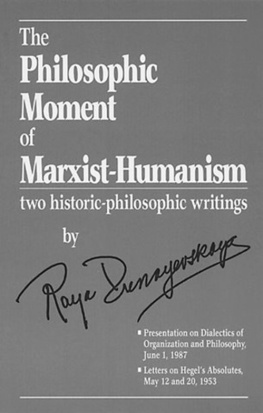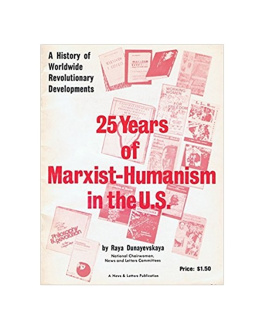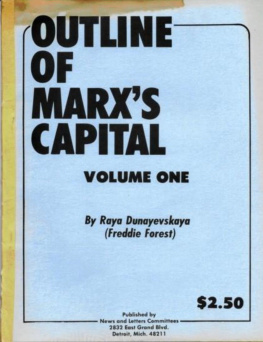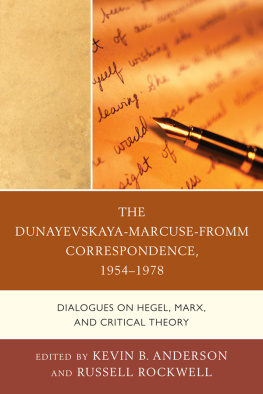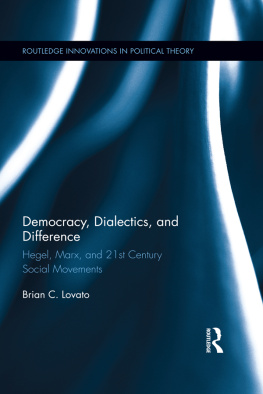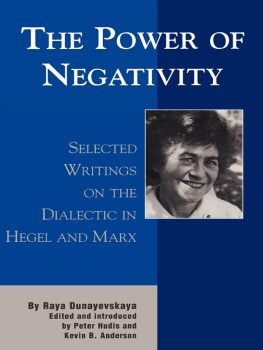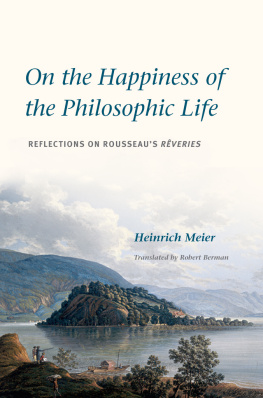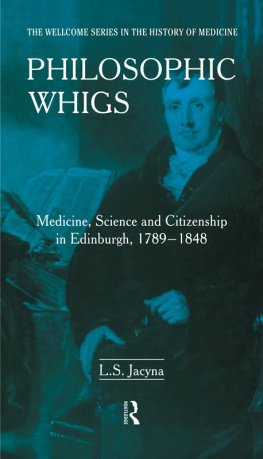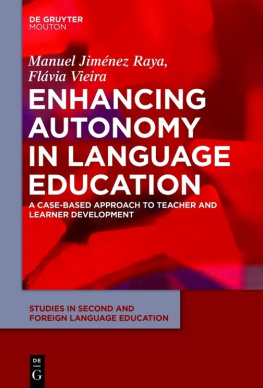Raya Dunayevskaya - The Philosophic Moment of Marxist-Humanism: two historic-philosophic writings by Raya Dunayevskaya
Here you can read online Raya Dunayevskaya - The Philosophic Moment of Marxist-Humanism: two historic-philosophic writings by Raya Dunayevskaya full text of the book (entire story) in english for free. Download pdf and epub, get meaning, cover and reviews about this ebook. year: 2020, genre: Politics. Description of the work, (preface) as well as reviews are available. Best literature library LitArk.com created for fans of good reading and offers a wide selection of genres:
Romance novel
Science fiction
Adventure
Detective
Science
History
Home and family
Prose
Art
Politics
Computer
Non-fiction
Religion
Business
Children
Humor
Choose a favorite category and find really read worthwhile books. Enjoy immersion in the world of imagination, feel the emotions of the characters or learn something new for yourself, make an fascinating discovery.
- Book:The Philosophic Moment of Marxist-Humanism: two historic-philosophic writings by Raya Dunayevskaya
- Author:
- Genre:
- Year:2020
- Rating:4 / 5
- Favourites:Add to favourites
- Your mark:
- 80
- 1
- 2
- 3
- 4
- 5
The Philosophic Moment of Marxist-Humanism: two historic-philosophic writings by Raya Dunayevskaya: summary, description and annotation
We offer to read an annotation, description, summary or preface (depends on what the author of the book "The Philosophic Moment of Marxist-Humanism: two historic-philosophic writings by Raya Dunayevskaya" wrote himself). If you haven't found the necessary information about the book — write in the comments, we will try to find it.
The Philosophic Moment of Marxist-Humanism: two historic-philosophic writings by Raya Dunayevskaya — read online for free the complete book (whole text) full work
Below is the text of the book, divided by pages. System saving the place of the last page read, allows you to conveniently read the book "The Philosophic Moment of Marxist-Humanism: two historic-philosophic writings by Raya Dunayevskaya" online for free, without having to search again every time where you left off. Put a bookmark, and you can go to the page where you finished reading at any time.
Font size:
Interval:
Bookmark:
Transcribed by Chris Gilligan, April 2020, from copy of text held on the Marxist Internet Archive, at:
https://www.marxists.org/archive/dunayevskaya/archives/11723.pdf
https://www.marxists.org/archive/dunayevskaya/archives/11733.pdf &
https://www.marxists.org/archive/dunayevskaya/archives/11753.pdf
Then checked against the primary digit scan of the original text which is on the Raya Dunayevskaya Archive, available at:
https://rayadunayevskaya.org/ArchivePDFs/11723.pdf
https://rayadunayevskaya.org/ArchivePDFs/11733.pdf &
https://rayadunayevskaya.org/ArchivePDFs/11753.pdf
The original pamphlet was published by News and Letters Committees in 1989, the year after Dunayevskaya passed away.
"There truly is no separation between theory and practice, and this indeed was shown as our unique characteristic from the original 1953 breakthrough on the Absolute Idea as comprising the unity of both the movement from practice that is itself a form of theory and the movement from theory that is itself a form of philosophy and revolution".
- Raya Dunayevskaya
In the last year of her life, 1986-87, Raya Dunayevskaya, founder of the philosophy of Marxist-Humanism, was at work on a new book she had tentatively titled "Dialectics of Organization and Philosophy: The 'Party' and Forms of Organization Born out of Spontaneity".more to a re-examination of her May 12 and 20, 1953 Letters on Hegel's Absolutes. In her Presentation on Dialectics of Organization and Philosophy of June 1, 1987, Dunayevskaya created a new philosophic category, singling out these 1953 Letters as the "philosophic moment" which had determined her development of the body of ideas of Marxist-Humanism from the 1950s to the 1980s. She there wrote, "In Hegelian dialectics, the philosophic moment is a determinant; even if the person who was driven to articulate the Idea of that 'moment' was very nearly unconscious as to its depth and its ramifications, it remained the element that governed the concretization that follows the laborious birth that poured forth in a torrent nevertheless". We have chosen to issue this publication in its present form - with the Presentation on Dialectics of Organization and Philosophy appearing first, followed by the 1953 Letters on Hegel's Absolutes - because it is Dunayevskaya's 1986-87 view of her 1953 Letters which enables us to see what she called the "many Universals inherent" in them for today.
Integral to Dunayevskaya's work of 1986-87 was her concentration on a crucial problem of our era - the relation between the search for non-elitist forms of organization and the dialectics of philosophy. That relation is crucial to work out if we are to overcome the legacy of unfinished, aborted, transformed-into-opposite revolutions. In singling out these 1953 Letters on Hegel's Absolutes as the "ground and roof" for overcoming the separation of philosophy from organization, Dunayevskaya's June 1, 1987 presentation speaks to all those searching for pathways to overcome the division between theory and practice in the struggle to uproot this racist, sexist, class-divided society.
The depth of today's objective-subjective crises has
Each of Dunayevskaya's "trilogy of revolution" - Marxism and Freedom, from 1776 until today (1958); Philosophy and Revolution: From Hegel to Sartre and from Marx to Mao (1973); and Rosa Luxemburg, Women's Liberation, and Marx's Philosophy of Revolution (1982) - was written to meet the need for such philosophic new beginnings. Each of these works represented a concretization of, and a return to, the 1953 Letters on Hegel's Absolutes. In her Presentation on Dialectics of Organization and Philosophy of June 1, 1987, Dunayevskaya re-examined this 1953 philosophic breakthrough once more, this time in relation to the dialectics of organization and philosophy - in Marx, in post-Marx Marxism, and in Marxist-Humanism. In this presentation, which had three parts - The Philosophic Point; Dialectics of Organization; and Untrodden Paths in Organization - Dunayevskaya created a whole new philosophic category, pinpointing her 1955 Letters on Hegel's Absolutes as the "philosophic moment" from which all Marxist-Humanist originality has sprung. The challenge that is issued by Dunayevskaya's last writings is to work out philosophic new beginnings by re-creating Marxist-Humanism on the basis of the new illumination that the category of the 1953 Letters as the "philosophic moment" sheds upon her entire body of ideas.
Since Dunayevskaya's death on June 9, 1987, meeting this challenge has become even more urgent - and more difficult - than ever before. What makes it possible to meet this challenge is that Dunayevskaya's June 1, 1987 singling out of her 1953 Letters on Hegel's Absolutes as the "philosophic moment" profoundly illuminates the unique historic-philosophic contributions of Marxist-Humanism.
The 1953 Letters were written in the midst of a new objective-subjective turning point in the post-World War II era. It was a period of rich theoretic development on the part of Dunavevskaya, who had been involved in a decade long exploration of Hegel's dialectic and its relation to Marx and Lenin. At the same time, on both sides of the Iron Curtain, new stirrings for freedom by the masses were emerging. In the U.S., the introduction of Automation into industry was being met with new workers' revolts, while in Russia it was the period following Stalin's death, which would soon be followed by new revolts.
On the very day that Stalin died, March 5, 1953, Dunayevskaya wrote an analysis arguing that an incubus had been lifted from the minds of the Russian masses and that new revolts were sure to follow. When she asked Charles Denby, the Black production worker who became editor of News & Letters in 1955 until 1983, to find out the reaction of workers in his plant to Stalin's death, he reported one worker's statement: "I have just the man to take his place - my foreman". It became a jumping-off point for a series of articles by Dunayevskaya on the world ramifications of Stalin's death, which sparked intense debates within Correspondence Committees (of which she was a co-leader, along with C.L.R. James and Grace Lee Boggs).
So deep was Dunayevskaya's search for an absolute opposite to this age of state-capitalist totalitarianism that, as she put it in 1983, "I was not satisfied with the economic and political analysis, but wanted to work out the philosophic ground. All these happenings couldn't be accidental; nothing that historic could be without reason; I felt I had to .... work this out".
Of crucial importance was Dunayevskaya's dialogue with Hegel's dialectic throughout the years 1941-53, which included studies of Lenin's 1914 commentary on Hegel's "Doctrine of the Notion" and Marx's re-creation of the Hegelian dialectic in both his 1844 "Humanist Essays" and Capital. Her dialogue with Hegel reached a new philosophic stage with her May 12, 1953 Letter focusing on the "Absolute Idea" in Hegel's Science of Logic and May 20, 1953 Letter focusing on "Absolute Mind" in Hegel's Philosophy of Mind. As she later wrote, "I turned to philosophy and saw, in the Absolute Idea, the breakdown of the division between theory and practice - the movement to total freedom".German workers' revolt.
These 1953 Letters, Dunayevskaya wrote in Philosophy and Revolution (p. 300), "proved to be a new divide within Marxism" between those who stopped at the economic analysis of Russia as state-capitalist and herself, as she proceeded to develop the Humanism of Marxism for our state-capitalist age. Following the break-up of Correspondence Committees she established News and Letters Committees in 1955.
The 1953 Letters were the "ground and roof" from which Dunayevskaya developed Marxist-Humanism philosophically, organizationally, and politically; indeed she had included them in the first publication of News and Letters Committees in 1955, in the mimeographed pamphlet
Next pageFont size:
Interval:
Bookmark:
Similar books «The Philosophic Moment of Marxist-Humanism: two historic-philosophic writings by Raya Dunayevskaya»
Look at similar books to The Philosophic Moment of Marxist-Humanism: two historic-philosophic writings by Raya Dunayevskaya. We have selected literature similar in name and meaning in the hope of providing readers with more options to find new, interesting, not yet read works.
Discussion, reviews of the book The Philosophic Moment of Marxist-Humanism: two historic-philosophic writings by Raya Dunayevskaya and just readers' own opinions. Leave your comments, write what you think about the work, its meaning or the main characters. Specify what exactly you liked and what you didn't like, and why you think so.

